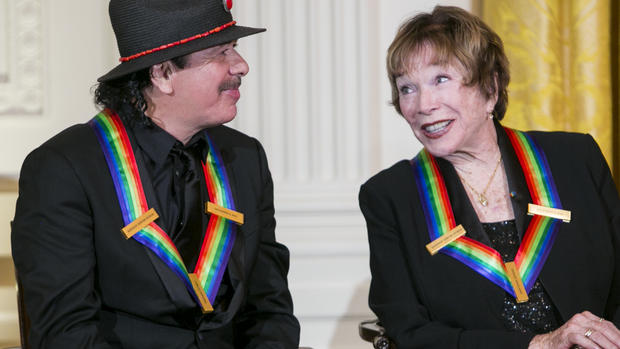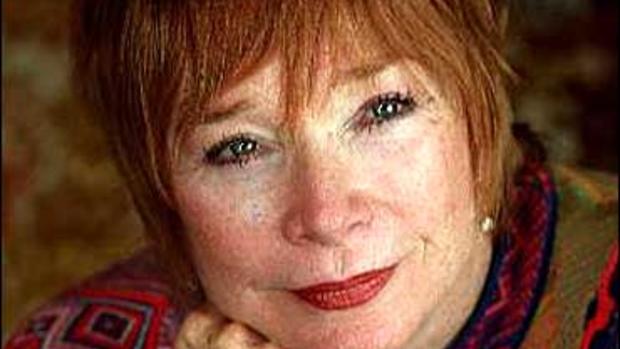Shirley MacLaine on family, love and her favorite role
Shirley MacLaine’s six-decade career reads like a Hollywood script, and it was jump-started off when actress Carol Haney sprained her ankle and gave the MacLaine her big break in Broadway’s “Pajama Game.”
MacLaine is among this year's Kennedy Center honorees. She recently talked with “CBS This Morning” co-host Gayle King about the award, her brother, Warren Beatty, and whether she had a love interest in the “Rat Pack.”
King said that for years she didn’t realize that two actors were brother and sister and MacLaine said it’s because they’re “very different,” which was good because they were not competitive with each other.
“I looked at a lot of other women who had sisters and went through that (competition),” she said. “With him, I felt more of a protection, 'cause he is … three years younger.”
Maclaine has been on the big screen for close to 60 years now and she's won many awards and has been paired with some silver screen heavyweights, from Jack Nicholson to Frank Sinatra.
When asked about her relationship with the "Rat Pack," MacLaine said it’s “absolutely not true” that she was involved with one of them and she “wasn’t even interested,” except for one man.
“I had a bit of a crush on Dean,” she told King. “Frank … was not my type - too little, too skinny, too short. I like mysterious, you know, complicated, very macho, Mitchum type.”
MacLaine told King that she had a “long relationship” with actor Robert Mitchum.
“I loved his complications. He was a bit of a coward, actually, and I was interested where that cowardliness came from when his demeanor was such the opposite,” she said.
MacLaine won the Academy Award 20 years into her Hollywood career, for playing Aurora in “Terms of Endearment” and she told King that the role was her “favorite part.”
“She was everything. She … understood herself. She stood her ground. She stood her humor. She stood her anger, and her preferability to what should go on, rather than what does go on,” she said. “I adored her - still do.”

